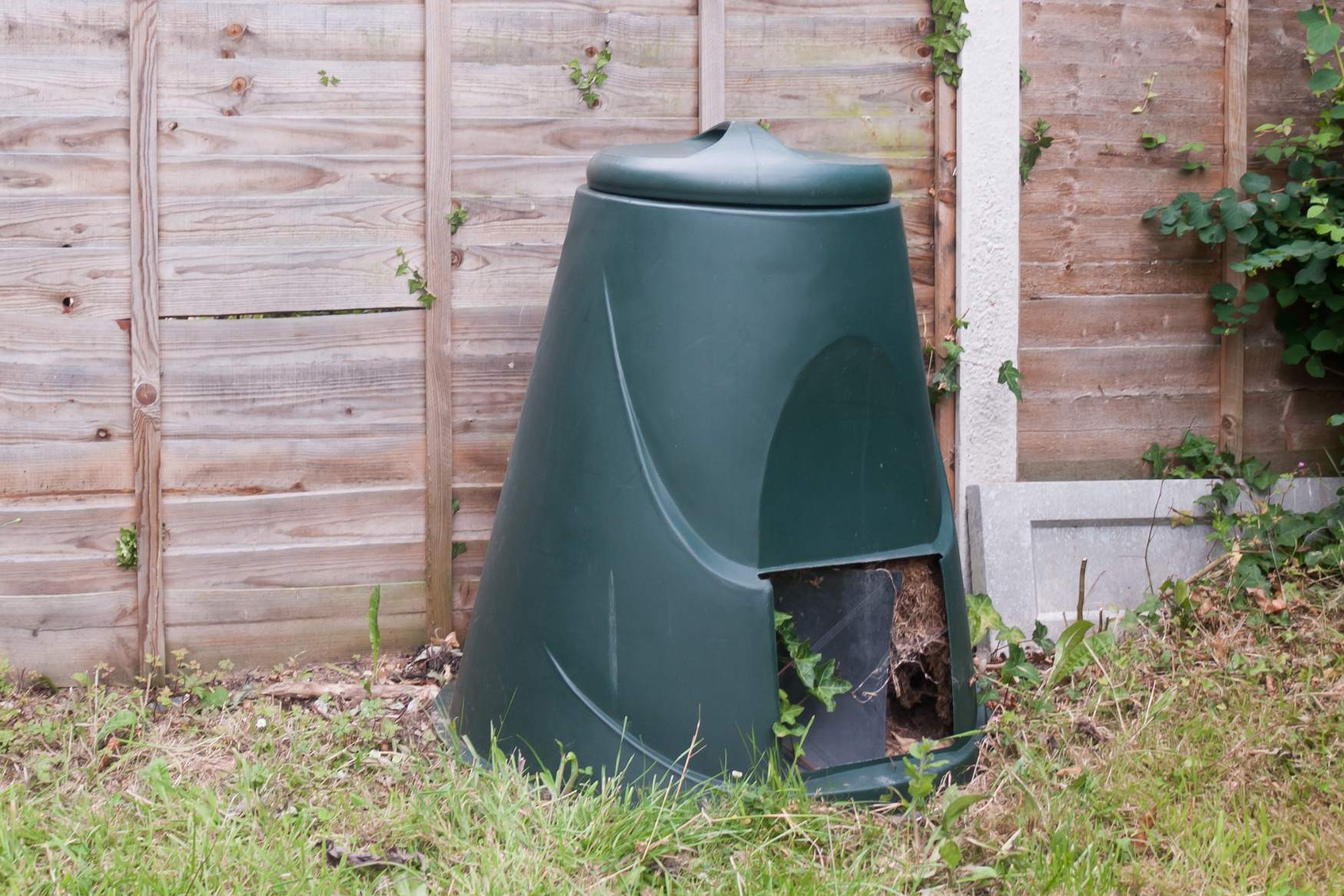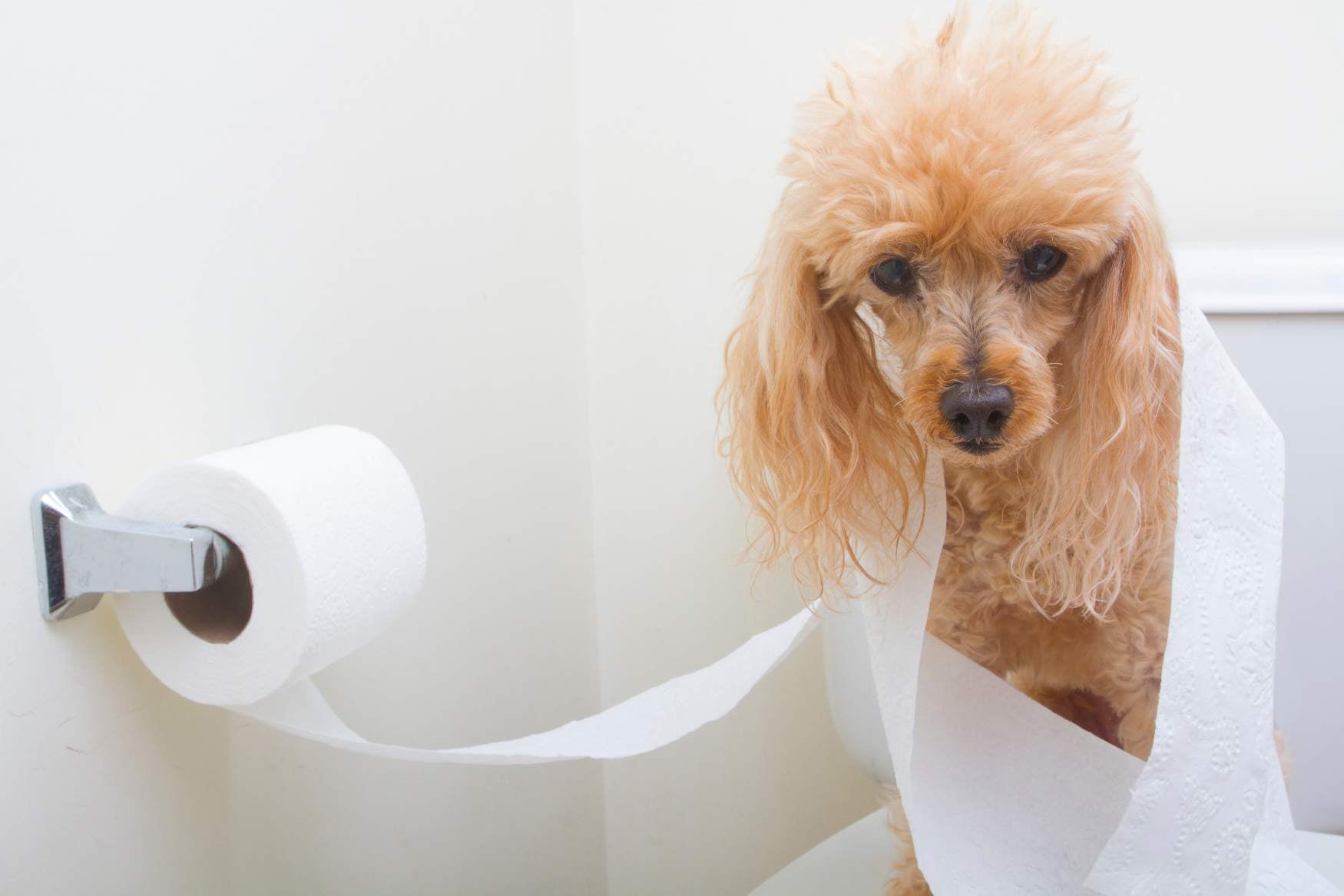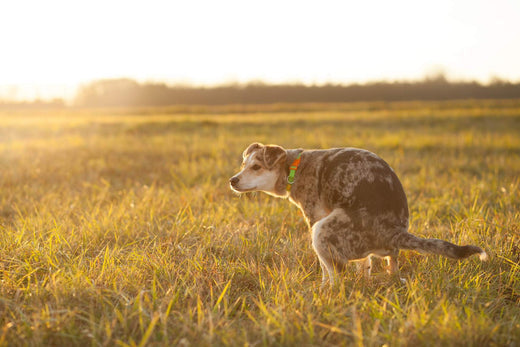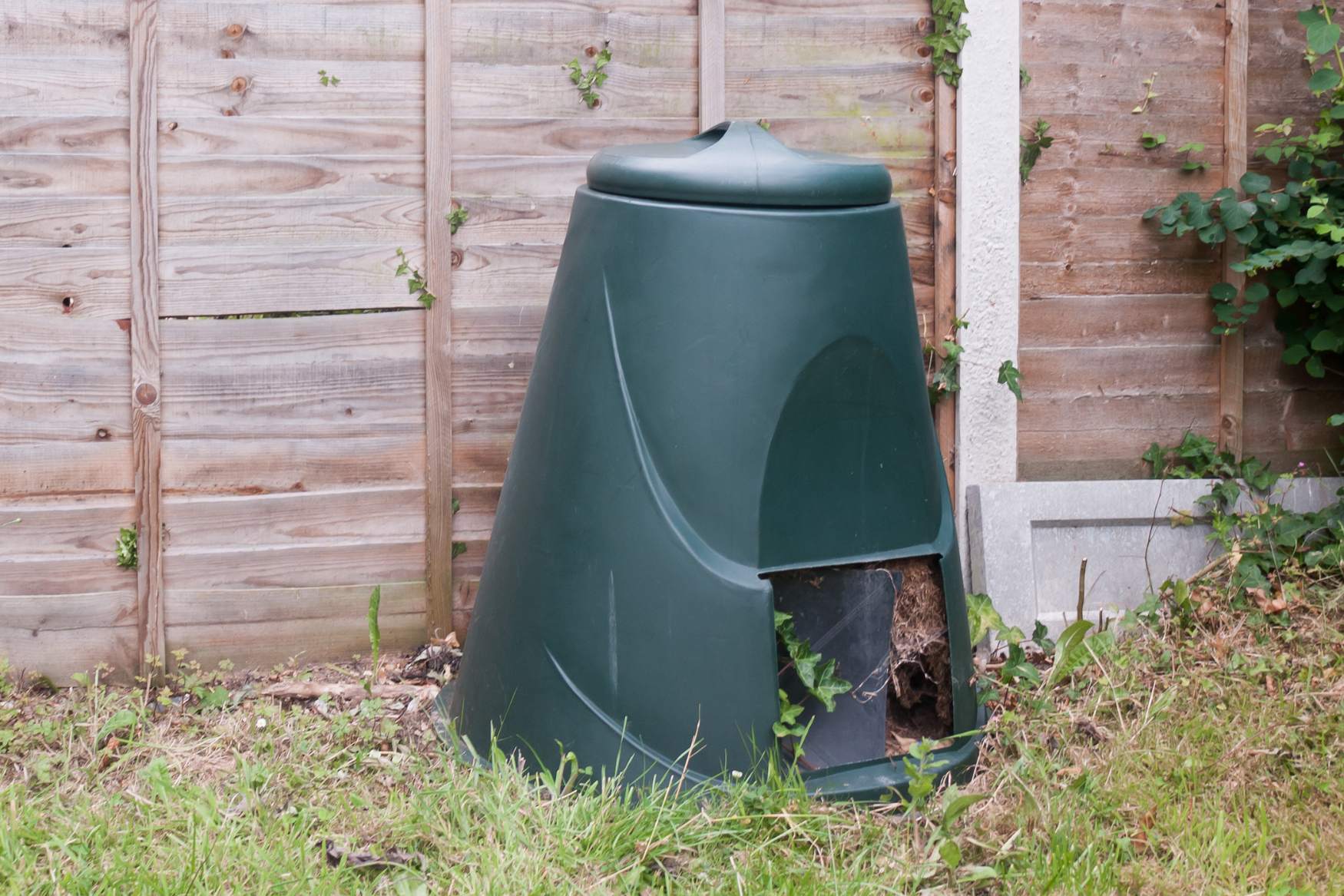Understanding how to compost dog poo can be a tricky topic for many dog owners. Don't worry though, we're here to help!
Why Compost Dog Poo?
Composting dog poo can help reduce waste sent to landfill or incineration and also produces nutrient-rich soil that can be used to grow non-edible plants.
However, it is not as straightforward as composting other organic waste.
Know the Risks & Hazards
Before composting dog waste, it is important to establish that this requires careful management and safety precautions.
Dog faeces is a health risk and can harbour large quantities of zoonotic pathogens (transmittable to humans) such as bacteria and parasites (E. coli, Salmonella, Toxocara, etc.).
Any compost made from dog faeces should not be used on any edible plants.
How do I compost dog poo?
Composting dog poo is similar to composting other organic materials, such as food scraps and garden waste, but there are a few important differences.
1. Get a compost bin
You can use a compost bin specifically designed for dog waste, or you can use a regular compost bin.
Location: Away from any edible plants, children access and watercourses. Ideally in a sunny spot where it will get hot.
You should have a dedicated bin just for composting dog poo, separate from other composting activities.
2. Collect the dog poo
Use a poop scooper or a reusable unwanted bag to collect the dog waste.
Avoid putting biodegradable or even home compostable poo bags in the compost.
Research shows 60% of properly certified home compostable plastics don't biodegrade in home compost and biodegradable poo bags aren't designed to biodegrade in compost.
These poo bags also do not add any nutrient value to the remaining compost and little is known about the impact of the inks and dyes used in them.
It's better to put the poop straight in with no bag!
Feel free to read our other blog posts to learn more on the pitfalls of "compostable" or "cornstarch" poo bags and why we switched to ReSEAcled Poo Bags (if not composting dog poo).
3. Add your carbon source
To facilitate the hot composting process and ensure effective sterilisation of waste, it is necessary to incorporate relatively high levels of carbon.
Faeces is predominantly composed of nitrogen, it is imperative to balance this with a carbon-rich substance that aids in the decomposition of the waste.
The right carbon:nitrogen ratio is 2 parts dog poo to 1 part sawdust.
If you need an alternative to sawdust as a carbon source, you can use dry leaves, straw, wood chips, or even small twigs; all of these materials are considered "brown" compost ingredients, providing a high carbon content to balance out the nitrogen-rich poo.
Do not add any other "green" garden waste to the pile as these are also nitrogen-rich.
4. Monitor the temperature and turn regularly
Once sufficient quantities have been accumulated, mix well and cover the pile with a tarp or black plastic, allow to cook to at least 60°C (you can use a long stemmed thermometer to help with checking the temperature).
Turn it at least once a week to aerate it and ensure an even distribution of heat.
5. Use your compost
Once the compost has broken down into a dark, crumbly soil, it's ready to use!
This normally takes 4-8 weeks.
Use for non-edible plants, such as shrubs or ornamental plants.
Important Considerations
It's important to keep in mind that not all dog poo is suitable for composting.
Dog waste from dogs that are sick or on medication should not be composted.
Due to a potentially higher pathogenic load, it's also not recommended to use poo from raw fed dogs.
It's also important to note that composted dog poo should NEVER be used on edible plants or in areas where children play.
To date, it is unclear whether composting at 60°C is enough to kill the heat-resistant Toxocara roundworm often found in dog faeces.
So while composting likely reduces the quantity of harmful pathogens, there's still a risk of contamination, so it's best it's treated as such.
Other precautions for safe composting:
- Always wash hands after handling dog waste or compost.
- Confine your dog compost bin to a specific area.
- Keep dog waste tools/clothing separate from other tools/clothing.
- Do not feed raw meat or fish
- Use extra care around children.
- Don’t use sawdust from pressure-treated wood.
Conclusion
While composting dog poo is an excellent way to reduce waste and create nutrient-rich soil for your garden, it requires more attention than traditional composting and may not be for everyone due to the health and safety risks involved, as well as the space required.
If composting dog waste is not for you, then your dog's poo will be disposed of as general waste from regular bins or dog poo bins.
This is because there are no industrial composting facilities available for dog waste in the UK, due to the pathogen risk and additional treatment processes it requires.
If you do not compost your dog's waste at home, the most sustainable poo bags to use are ReSEAcled Poo Bags, which are designed to be an eco-friendly option when disposed of in general waste or poo bins.
To learn more about composting you can visit the Royal Horticultural Society, who have lots of great articles written by experts.
References:
https://www.frontiersin.org/articles/10.3389/frsus.2022.942724/full













